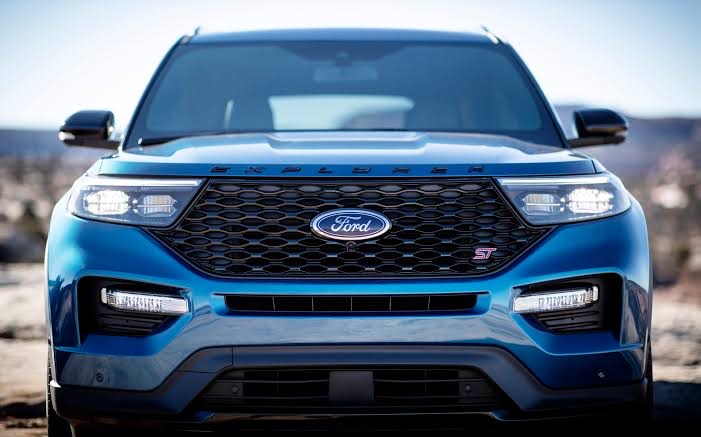Ford to create “all-electric” passenger cars in Europe by 2030, invests $1 billion in German plant

Ford on Wednesday unveiled its plans to target “all-electric” passenger vehicles by 2030. The automaker also said it will invest $1 billion in an EV production plant in Cologne, Germany to show its commitment to achieving its goal.
The automaker said that by mid-2026, its entire passenger vehicles in Europe would be “zero-emissions capable, all-electric or plug-in hybrid”, with a “complete all-electric” offering by 2030. The plant at Cologne will be used to push the production of these electric vehicles.
“Our announcement today to transform our Cologne facility, the home of our operations in Germany for 90 years, is one of the most significant Ford has made in over a generation,” said Ford of Europe’s president Stuart Rowley in a statement. “It underlines our commitment to Europe and a modern future with electric vehicles at the heart of our strategy for growth.”
Ford also plans for its commercial vehicle segment in Europe to become all-electric, plug-in hybrid, or zero-emissions by 2024.
It is no news that governments in the world are pushing for gasoline and diesel-free vehicles to promote clean energy. Automakers like Ford are stepping up to this challenge to ensure that all their vehicles are zero-emissions or all-electric over the next decade. With more automakers entering the EV industry, companies like Elon Musk’s Tesla will have more competition.
South Korean automaker Kia, has announced that it would launch its first electric vehicle later this year. German carmaker Volkswagen Group is also making moves to invest about $42.27 billion (35 billion euros) in battery electric vehicles. It says it plans to roll-out about 70 all-electric vehicles by 2030.
In a session with CNBC last month, CEO of Daimler Ola Källenius said the automotive industry was undergoing a transformation. “Next to the things that we know well – to build, frankly, the world’s most desirable cars – there are two technological trends that we’re doubling down on: electrification and digitization.”
He added that the Stuttgart-based company was investing billions into new technologies to enhance vehicle production. Adding that, such technologies would drive the company into CO2-free driving. Without doubts this decade would be transformative, he said.
In addition to its “all-electric” goal by 2030, Ford has also set a global target to become carbon neutral by 2050, while setting interim carbon neutrality targets to urgently address climate change challenges.
“We can develop and make great vehicles, sustain and grow a strong business and protect our planet at the same time – in fact, those ideals complement each other,” said Bob Holycross, vice president, chief sustainability, environment and safety officer. “We don’t have all the answers yet but are determined to work with all of our global and local partners and stakeholders to get there.”
The automaker is on track to power all its manufacturing plants with 100% renewable energy from local sources by 2035, according to Ford. In Europe, the company is already using 100% green electric energy to power all its facilities in the UK, Romania, Craiova, and Cologne, Germany.
Ford claims to be the only full-line automaker committed to fulfilling its obligation to reduce CO2 emissions as required by the Paris Climate Agreement. It is also working closely with California to build stronger vehicle greenhouses.
In 2020, Ford said it was committed to investing more than $11.5 billion in electric vehicles through 2022. It also said it is committed to offering an electrified version of all its passenger vehicles in the European market before the end of 2021. These vehicles will include mild hybrid, full hybrid, plug-in hybrid, and battery electric vehicles.


Be the first to comment!
You must login to comment